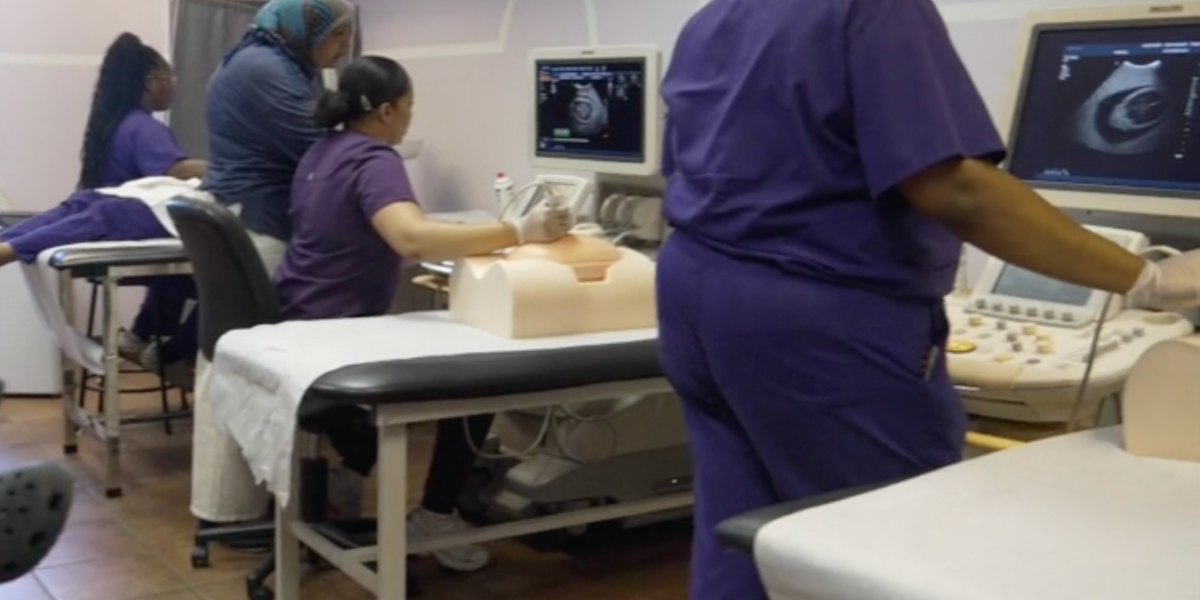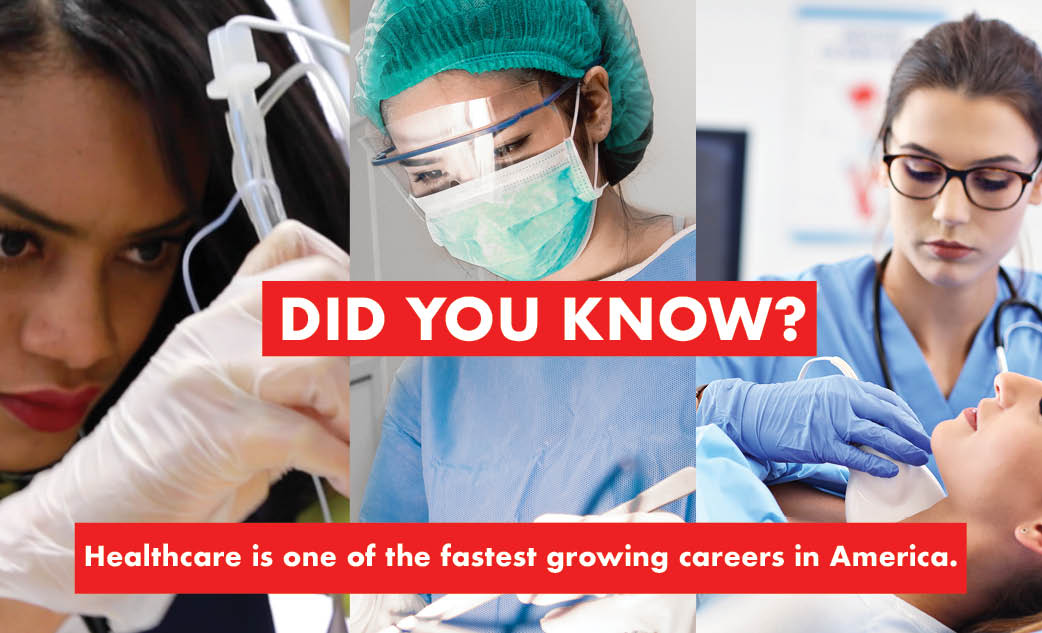If you want a stable, rewarding, and respected career, few paths offer more opportunity than healthcare. Earning an Associate Degree in Healthcare is one of the smartest investments you can make, offering strong job prospects, competitive pay, and the chance to make a real difference in people’s lives.
Fast Track to a Career
Unlike traditional four-year programs, associate degrees at Mandl School, The College of Allied Health can be completed in about two years. That means you can start earning and building real-world experience much sooner. Students can quickly enter growing fields such as Diagnostic Medical Sonography, Surgical Technology, Respiratory Therapy, Dental Assisting, or Medical Assisting.
High-Value
Healthcare associate programs are value-driven education opportunities: you can earn a degree and start a career far faster and for a fraction of the cost of a 4-year degree. At Mandl, you’ll receive focused, hands-on training with smaller class sizes and personalized support.
Strong Job Demand
The U.S. Bureau of Labor Statistics projects continued growth in healthcare careers over the next decade, especially for allied health professionals. Hospitals, clinics, and private practices need skilled team members who can step in right away, exactly the kind of graduates Mandl prepares.
A Career with Purpose
Beyond job security, a career in healthcare brings meaning. Every role, from medical assistant to surgical technologist, directly impacts patients and communities. With an associate degree, you’re not just earning a paycheck; you’re helping people live healthier, better lives.
Mandl School’s allied health programs are built to get you from the classroom to the career field efficiently and effectively.
Start investing in your future today and see how quickly your passion can become a profession. Apply Today!
 Mandl School
Mandl School


